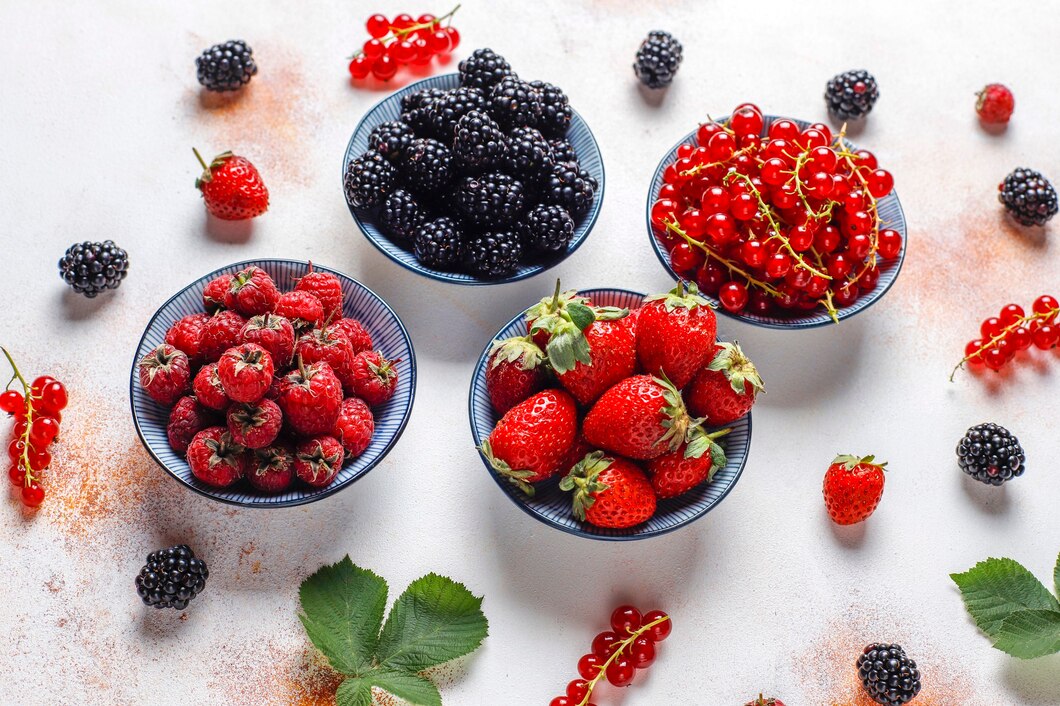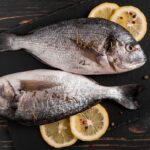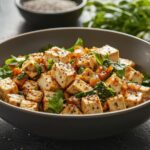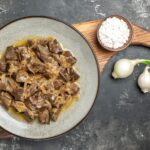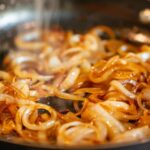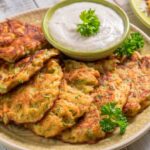Pregnancy is a time when nutrition becomes especially important. A well-balanced diet helps ensure that both the mother and the growing baby receive the nutrients needed for healthy development. In South Africa, with its rich variety of local and global foods, there are plenty of nutritious options that can support a healthy pregnancy. Here are 20 foods that South Africans should eat if they’re pregnant.
1. Lean Red Meat
Lean red meat like beef or lamb is an excellent source of iron, which is crucial during pregnancy to support the increased blood volume and to help prevent anemia.
2. Spinach
Spinach is rich in folate (vitamin B9), which is essential in early pregnancy for the development of the baby’s neural tube. It also provides iron, which helps in the formation of the baby’s red blood cells.
3. Eggs
Eggs are a great source of protein and choline, a nutrient that is vital for the baby’s brain development and to prevent neural tube defects.
4. Avocado
Avocados are rich in healthy fats, folate, potassium, and fiber. The healthy fats in avocados are essential for building the baby’s skin, brain, and tissues.
5. Oats
Oats are a great source of fiber, which helps prevent constipation, a common issue during pregnancy. They also provide complex carbohydrates that keep energy levels stable.
6. Sweet Potatoes
Sweet potatoes are rich in beta-carotene, which the body converts into vitamin A. Vitamin A is important for the development of the baby’s eyes, skin, and bones.
7. Yogurt
Yogurt, especially Greek yogurt, is high in calcium and protein, which are essential for the development of the baby’s bones and teeth.
8. Lentils
Lentils are packed with protein, fiber, and folate. They are a great plant-based option for boosting iron levels, and they help to maintain steady blood sugar levels.
9. Nuts and Seeds
Nuts like almonds and seeds like chia or flaxseeds provide healthy fats, protein, and omega-3 fatty acids. These nutrients are essential for the baby’s brain and eye development.
10. Oranges
Oranges are rich in vitamin C, which helps with iron absorption and supports the immune system. They’re also hydrating and help with the baby’s tissue repair.
11. Salmon
Salmon is an excellent source of omega-3 fatty acids, particularly DHA, which is important for the baby’s brain and eye development. It’s also a good source of protein and vitamin D.
12. Bananas
Bananas are rich in potassium, which helps prevent leg cramps, a common discomfort during pregnancy. They also provide a quick source of energy and are gentle on the stomach.
13. Whole Grains
Whole grains like brown rice, quinoa, and whole-wheat bread provide essential nutrients like B vitamins, fiber, and magnesium, which support energy levels and healthy digestion.
14. Berries
Berries such as strawberries, blueberries, and raspberries are high in antioxidants, vitamin C, and fiber. They are great for keeping the immune system strong and supporting skin health.
15. Carrots
Carrots are rich in beta-carotene, fiber, and vitamin A, which is essential for the baby’s growth and development, especially their eyes and immune system.
16. Broccoli
Broccoli is a superfood for pregnancy, offering a combination of fiber, calcium, folate, and vitamins C and K. It’s great for bone health and immune support.
17. Pumpkin Seeds
Pumpkin seeds are rich in magnesium, iron, and omega-3 fatty acids. Magnesium helps in the formation of the baby’s bones and teeth, while iron supports healthy blood levels.
18. Tomatoes
Tomatoes are high in vitamin C and lycopene, an antioxidant that helps protect against cell damage. They’re also hydrating and support healthy skin development in the baby.
19. Beans
Beans, including black beans, kidney beans, and chickpeas, are excellent sources of protein, fiber, iron, and folate. They help maintain healthy blood sugar levels and support the baby’s growth.
20. Water
While not a food, staying hydrated is critical during pregnancy. Water helps maintain healthy amniotic fluid levels, supports digestion, and ensures proper circulation. Aim for at least 8-10 glasses of water per day.
A healthy and balanced diet during pregnancy is key to ensuring the well-being of both the mother and the baby. The foods listed above provide essential nutrients that support the baby’s growth and development, as well as the mother’s health. By incorporating these nutrient-dense foods into your diet, you can help ensure a healthy pregnancy and a strong start for your baby. Always consult with a healthcare provider or a nutritionist to tailor your diet to your specific needs during pregnancy.
